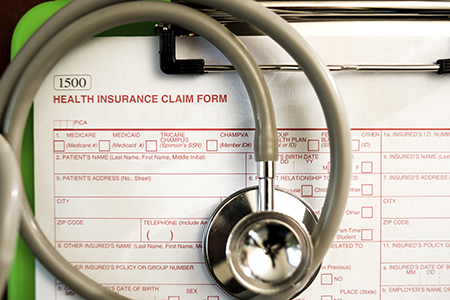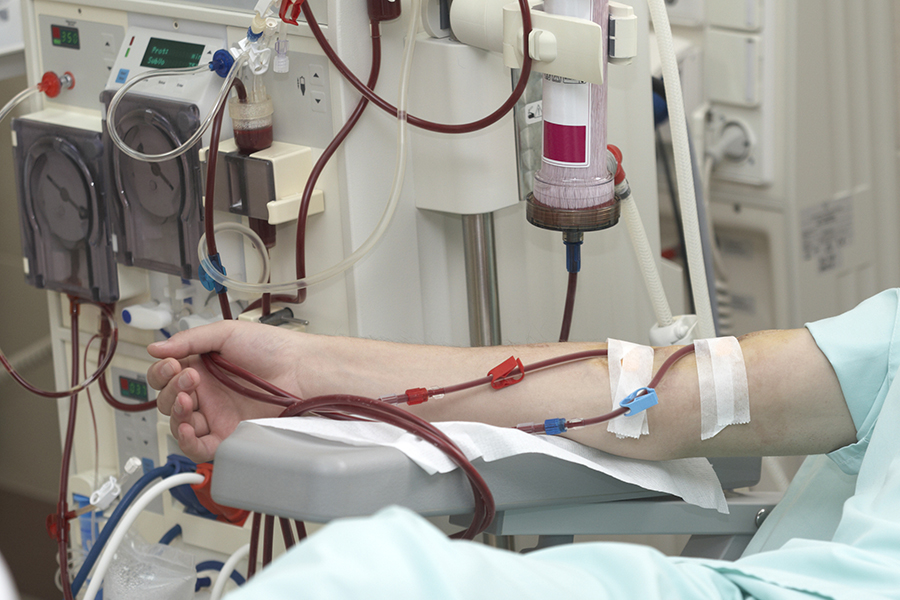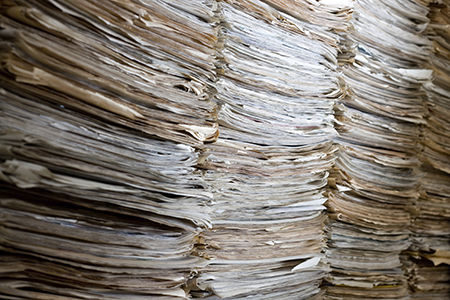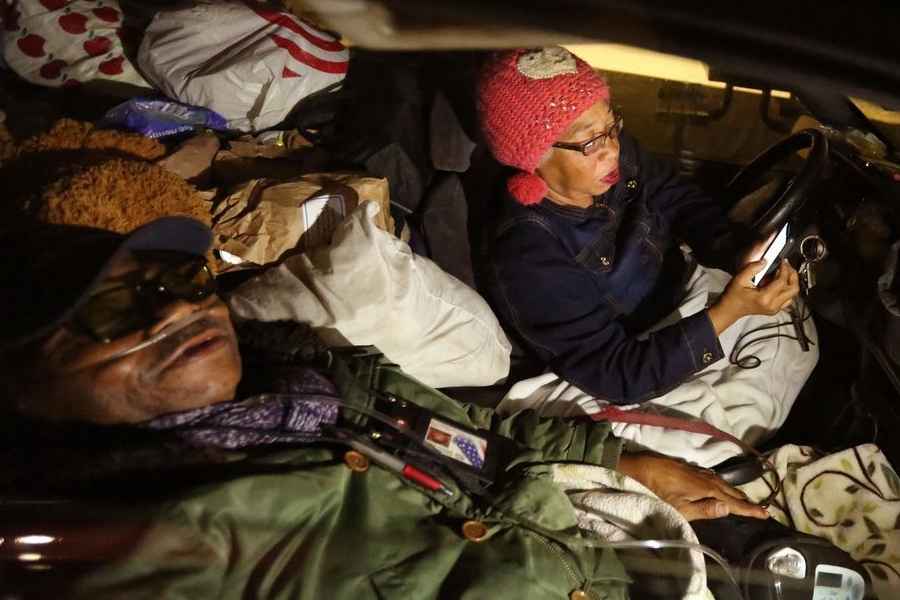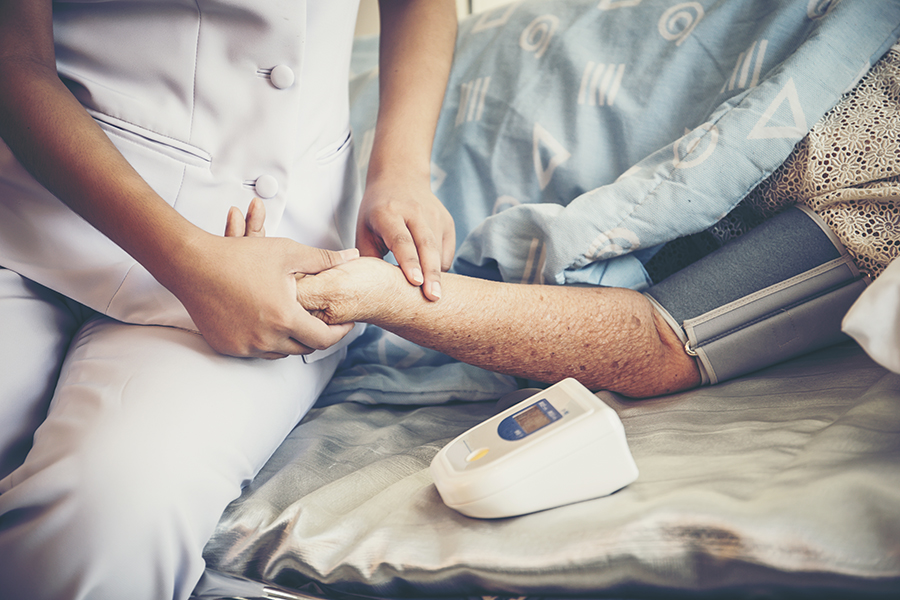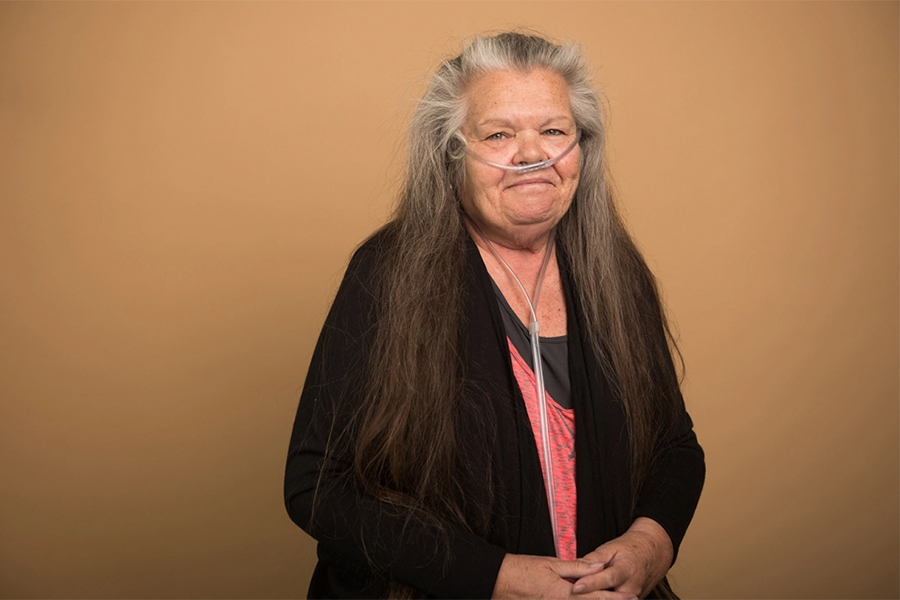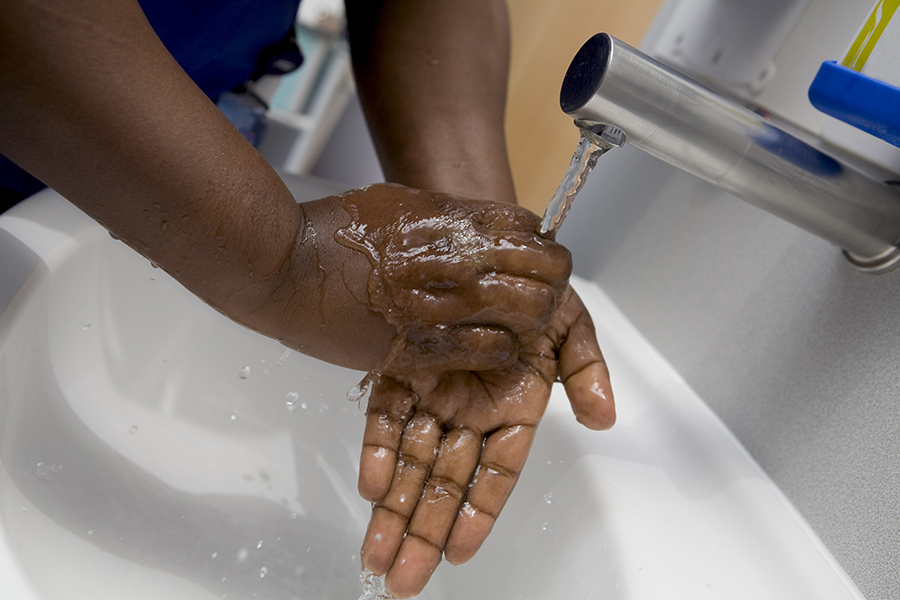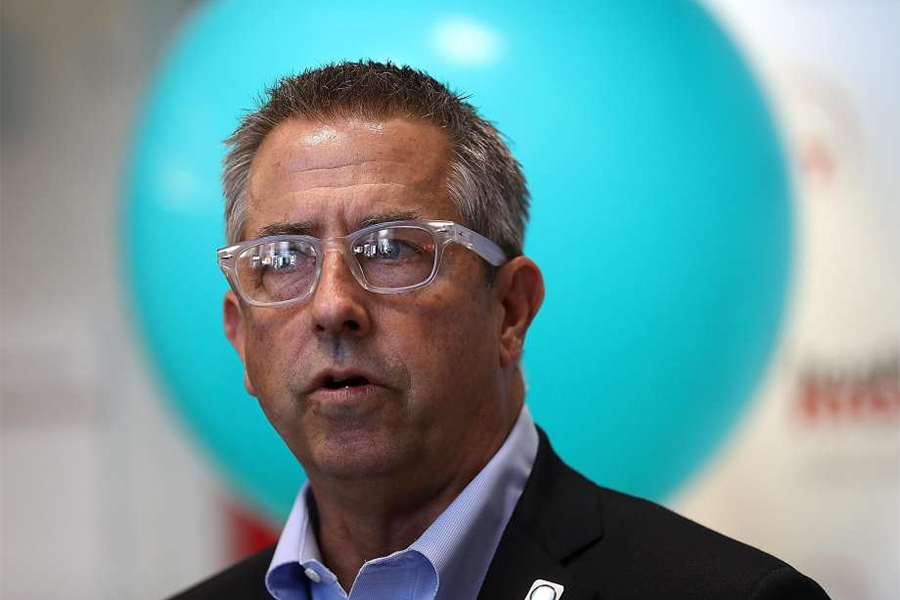By Ricardo Alonso-Zaldivar for the Associated Press, originally posted on ABC News
Primary care doctors caring for low-income patients will face steep fee cuts next year as a temporary program in President Barack Obama’s health care law expires. That could squeeze access just when millions of new patients are gaining Medicaid coverage.
A study Wednesday from the nonpartisan Urban Institute estimated fee reductions will average about 40 percent nationwide. But they could reach 50 percent or more for primary care doctors in California, New York, New Jersey, and Illinois – big states that have all expanded Medicaid under the health law.
Meager pay for doctors has been a persistent problem for Medicaid, the safety-net health insurance program. Low-income people unable to find a family doctor instead flock to hospital emergency rooms, where treatment is more expensive and not usually focused on prevention.
To improve access for the poor, the health law increased Medicaid fees for frontline primary care doctors for two years, 2013 and 2014, with Washington paying the full cost. The goal was to bring rates up to what Medicare pays for similar services. But that boost expires Jan. 1, and efforts to secure even a temporary extension from Congress appear thwarted by the politically toxic debate over “Obamacare.”
Doctors probably won’t dump their current Medicaid patients, but they’ll take a hard look at accepting new ones, said Dr. Robert Wergin, a practitioner in rural Milford, Neb., and president of the American Academy of Family Physicians.
“You are going to be paid less, so you are going to have to look at your practice and find ways to eke it out,” Wergin said.






